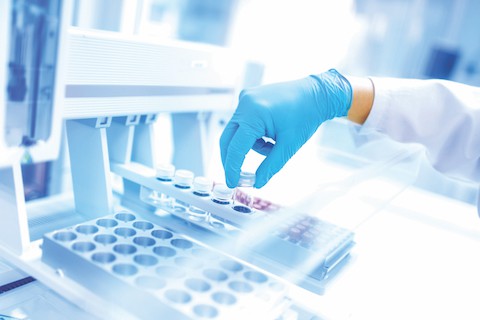
Researchers from Radboud University in the Netherlands have shared positive results from a project aimed at improving the diagnosis of rare diseases.
Approximately 7,000 rare diseases collectively impact up to 5.9% of the global population, according to the US National Institute of Health.
Since more than 80% of rare diseases have genetic origins, genomic technology enables researchers to better understand the causal mechanisms of diseases and improve the accuracy of diagnosis.
Most patients with a rare genetic disease currently undergo a test that looks for small genetic changes associated with specific rare diseases.
However, as the test is limited to only 50 million base pairs out of three billion in the human genome, it cannot pick up some of the longer and more complex variations linked to rare diseases, and only 30 to 40% of patients receive a diagnosis.
The team from Radboud University Medical Center is exploring whether a different technology that sequences tens of thousands of base pairs, called long-read HiFi, can uncover previously-hidden variants.
“The focus of our research is to find the best way to molecularly diagnose patients with a rare genetic disease,” said Lisenka Vissers, Department of Human Genetics and Radboudumc Research Institute for Medical Innovation.
“Our ultimate goal is that this is a rapid diagnosis, obtained in a least-invasive way, but also cost-effective for our healthcare system,” Vissers added.
Radboud’s initial studies tested patients with undiagnosed neurodevelopmental disorders affecting brain function, learning and behaviour.
Out of the 100 ‘difficult’ genetic variants the team selected, 95% were identified with the HiFi technology single test.
Visser said: “We were hoping to prove our hypotheses, both that HiFi sequencing would potentially enable us to replace our current workflows, and also, to enable research leading to an increase in diagnostic yield.
“However, that we were able to generate such high-quality data already from run one, and that the variants are so easily detectable has positively surprised me.”
The team has initiated the Nijmegen Revio-500 study aimed at advancing potential diagnostic research capabilities for these conditions.




